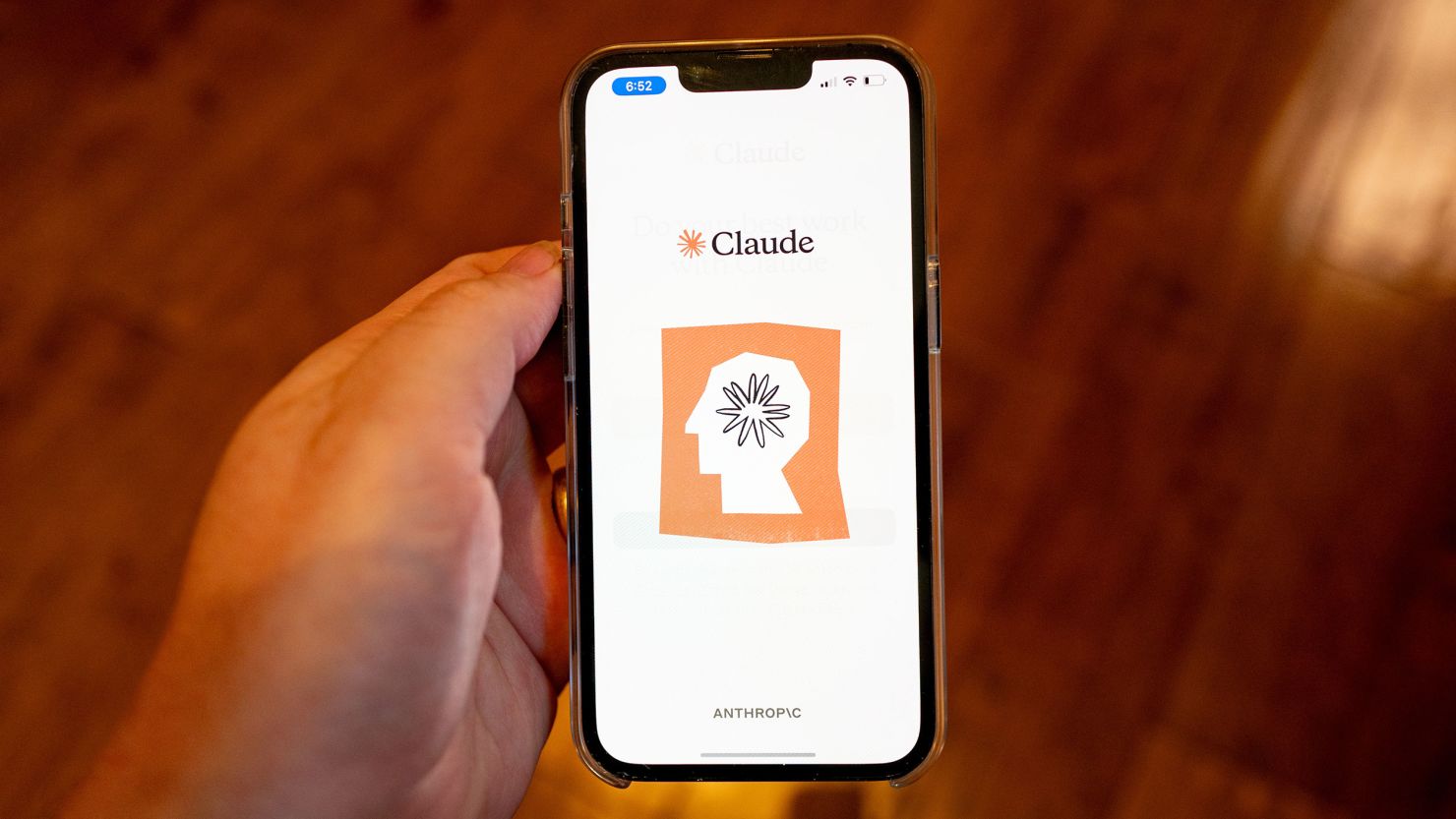Anthropic has unveiled its latest large language model, Claude Opus 4, pushing AI capabilities into a new realm of sustained autonomy. The model is designed to function independently for nearly seven hours, performing complex tasks without needing additional user input during that period. This marks a shift from AI agents that respond to discrete prompts toward systems that can handle overarching goals—much like a human colleague managing a project over the course of a day.
With backers like Amazon and Google, Anthropic is betting that tools like Claude Opus 4 will transform how professionals interact with AI, enabling users to delegate broader and more nuanced tasks. For instance, a marketing professional could task the model with analyzing historical campaign data across platforms like Facebook and Google Ads, identifying key performance differences, and synthesizing strategic recommendations—all autonomously.
According to Scott White, product lead at Claude.ai, the model is aimed not at replacing roles outright, but at alleviating the burden of “the kind of thing that is challenging… but is necessary in the pursuit of being successful in your job.” This includes the sort of repetitive, cognitively taxing tasks that might take up to 30% of a knowledge worker’s day. Claude Opus 4 is built to reason deeply, operate across multiple tools, and iteratively drive a task toward completion with minimal supervision.
The timing of this release coincides with a broader surge in enterprise interest in generative AI. A report from Menlo Ventures, one of Anthropic’s investors, found that spending on generative AI by businesses grew sixfold in 2024. Anthropic has reportedly doubled its user base, narrowing the lead held by OpenAI in the AI business services sector. Meanwhile, companies like Google, Microsoft, and Apple are rolling out their own AI-powered development tools, indicating a competitive rush to equip the workplace with autonomous agents.
Still, the potential for disruption remains a concern. The World Economic Forum reports that 41% of employers are planning to downsize due to the increasing role of AI. And while Anthropic frames its tool as augmenting rather than replacing human effort, the question of how AI will reshape the labor market remains open. White acknowledged that broader collaboration is needed: “This is something that the government, policy makers, many companies, need to work together to understand the arc of how this is going to be implemented.”
For those following the evolution of AI in the workplace, Claude Opus 4 may represent a significant waypoint: a model capable of sustained, independent reasoning across complex tasks. It’s not a digital coworker—yet—but it’s certainly starting to look like one.
Read the full article on CNN here.
